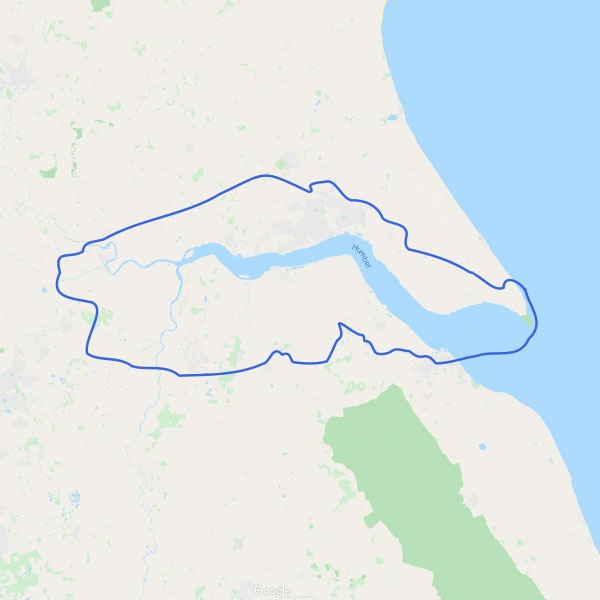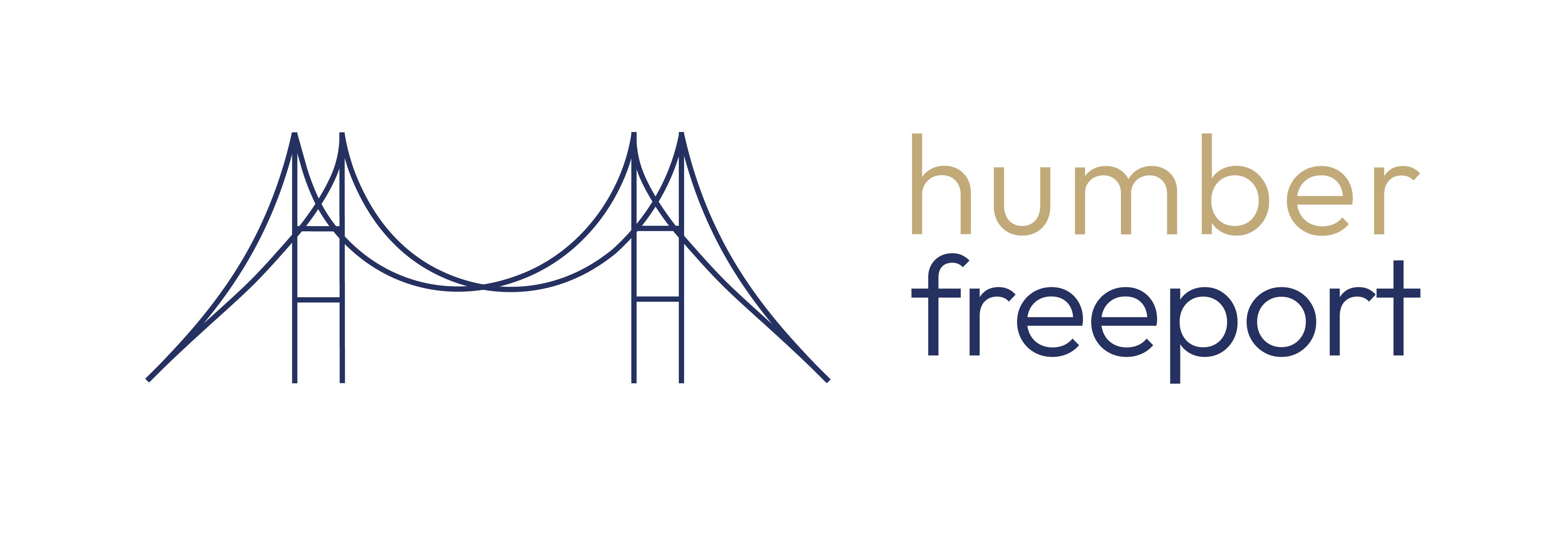Humber Freeport
Customs Site
Inside the customs site, port operators and other companies are able to defer tax duty and import VAT on goods. If a product comes from outside of the UK into the customs site, such as a raw material or a component part, no tax is paid on that coming into the port unless it then leaves the port area and enters the UK. If a manufacturer or a producer is located inside the customs site, it can handle those goods and use them to create their finished product. They would only pay tax on their product if it then enters the UK. They can export to an international market without paying tax.
Our proposed customs site is Grimsby which is undergoing an approval process with Government including HMRC.

Grimsby • Customs Site

